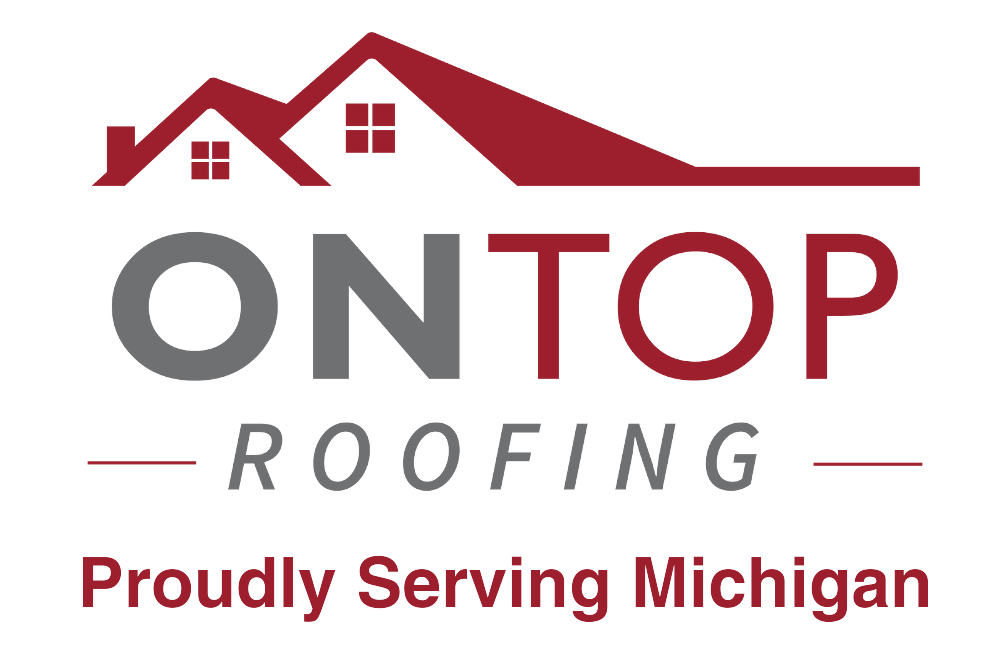
Spring is finally here, and as the snow melts away, it’s time to assess how your roof held up through the harsh winter months. Freezing

Commercial properties, with their larger and more complex roofing systems, require a different level of maintenance compared to residential roofs. A well-maintained roof can save businesses from costly repairs, prevent unexpected leaks, and extend the lifespan of the roofing materials. In this blog, we’ll discuss essential roof maintenance tips for commercial roofs and explain how these practices can protect your building and your investment.
A commercial roof is exposed to various environmental elements—rain, snow, wind, UV rays—that can cause wear and tear over time. Neglecting regular maintenance can lead to structural issues, interior damage, and expensive emergency repairs. Maintaining your commercial roof not only protects the building but also keeps employees, tenants, and assets safe.
1. Schedule Regular Roof Inspections
Routine inspections are the cornerstone of commercial roof maintenance. At least twice a year—ideally in spring and fall—have a professional roofing contractor thoroughly inspect the roof. Regular inspections help catch small issues like cracks, punctures, or loose materials before they turn into bigger problems. Also, make sure to schedule inspections after major weather events such as storms or heavy snowfall.
2. Keep the Roof Clean
Debris like leaves, branches, and dirt can accumulate on commercial roofs, particularly flat or low-slope roofs, which are common in commercial properties. This debris can block drainage systems, leading to ponding water and potential leaks. Regularly cleaning the roof helps maintain proper drainage and prevents damage from moisture buildup.
3. Ensure Proper Drainage
Standing water is one of the biggest threats to commercial roofing. Clogged drains, downspouts, or gutters can cause water to pool on the roof, leading to leaks, mold, or even structural damage. During maintenance, check that all drains are clear and functioning properly. Consider installing additional drainage systems if water tends to collect in certain areas.
4. Address Minor Repairs Promptly
Small roof problems can quickly escalate if left untreated. For instance, a tiny puncture or tear in the roofing membrane can allow moisture to seep in, weakening the structure over time. Regular maintenance should include repairing these small issues as soon as they are discovered to avoid more significant damage in the future.
5. Trim Overhanging Trees
While trees can provide shade and enhance the look of your commercial property, overhanging branches pose a risk to the roof. Strong winds or storms can cause branches to break and fall onto the roof, damaging the roofing materials. Regularly trimming trees around the property helps minimize this risk and keeps your roof safe.
6. Inspect Roof Flashing
Flashing is a crucial element of any roofing system, as it seals the joints and prevents water from entering at vulnerable points, such as around chimneys, vents, or HVAC systems. Over time, flashing can deteriorate or become loose. During maintenance checks, ensure that the flashing is in good condition and securely fastened to prevent leaks.
7. Pay Attention to HVAC Systems on the Roof
Many commercial buildings have HVAC systems or other equipment installed on the roof. These units can cause additional wear on the roofing material due to vibration or leaks from the equipment itself. Make sure that any rooftop equipment is properly sealed and that there is no pooling water or damage around it.
8. Protect Against Weather Extremes
In regions like Michigan, where commercial roofs face extreme weather conditions such as heavy snow, ice, and strong winds, it’s essential to take additional protective measures. Winterizing the roof before the first snowfall can help prevent ice dams and snow buildup that could lead to water damage. Additionally, consider reinforcing the roof to handle high winds or storms.
Maintaining a commercial roof is essential for protecting your property and investment. By following these roof maintenance tips—scheduling regular inspections, keeping the roof clean, ensuring proper drainage, and addressing repairs promptly—you can extend the life of your roof and prevent costly damage. If you need help maintaining or repairing your commercial roof, working with a professional roofing contractor is the best way to ensure your building stays protected year-round.

Spring is finally here, and as the snow melts away, it’s time to assess how your roof held up through the harsh winter months. Freezing
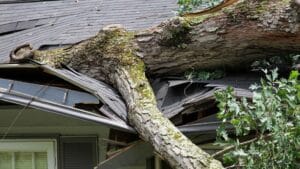
Storms can wreak havoc on homes, leaving behind significant damage to roofs that may go unnoticed until leaks or structural issues arise. Addressing storm damage
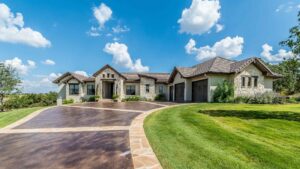
Your roof is one of the most important components of your home, providing protection from the elements and ensuring your family’s safety and comfort. However,
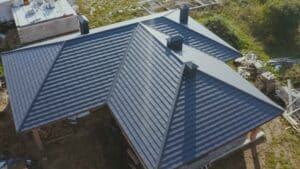
When it comes to maintaining the longevity and efficiency of your home, roof ventilation and insulation play critical roles. While many homeowners focus on the
"*" indicates required fields
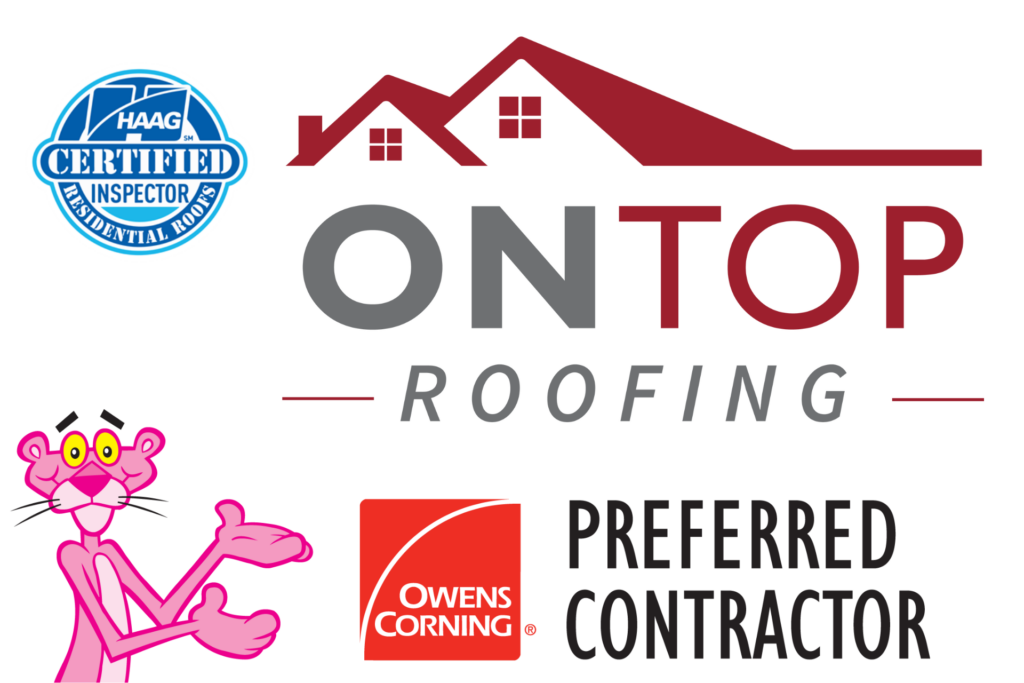
Take advantage of our free inspection and free second opinion offer and receive a complimentary estimate for any new installation service.
